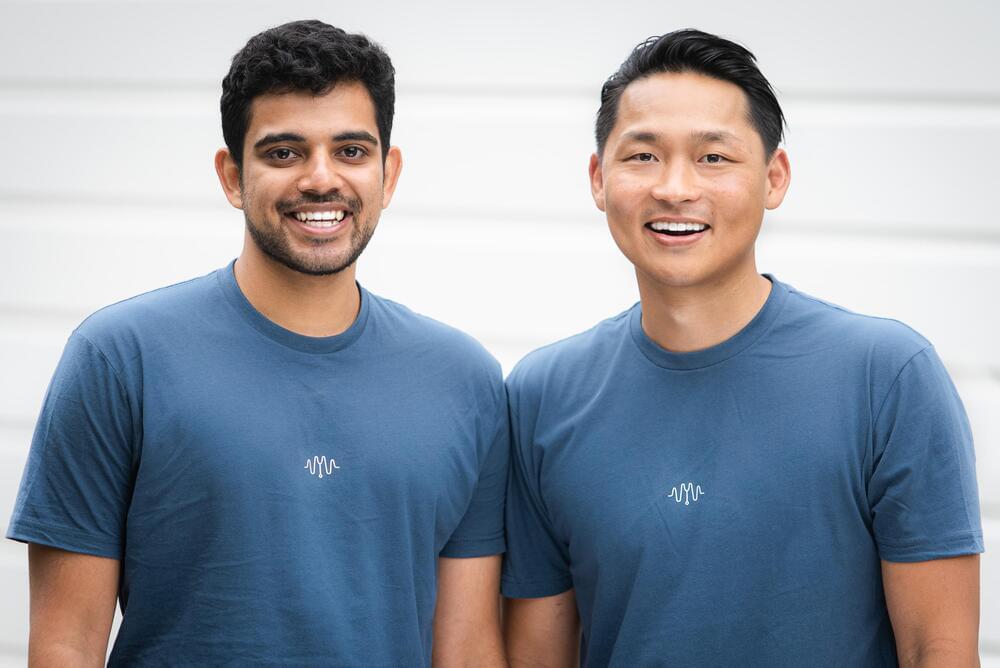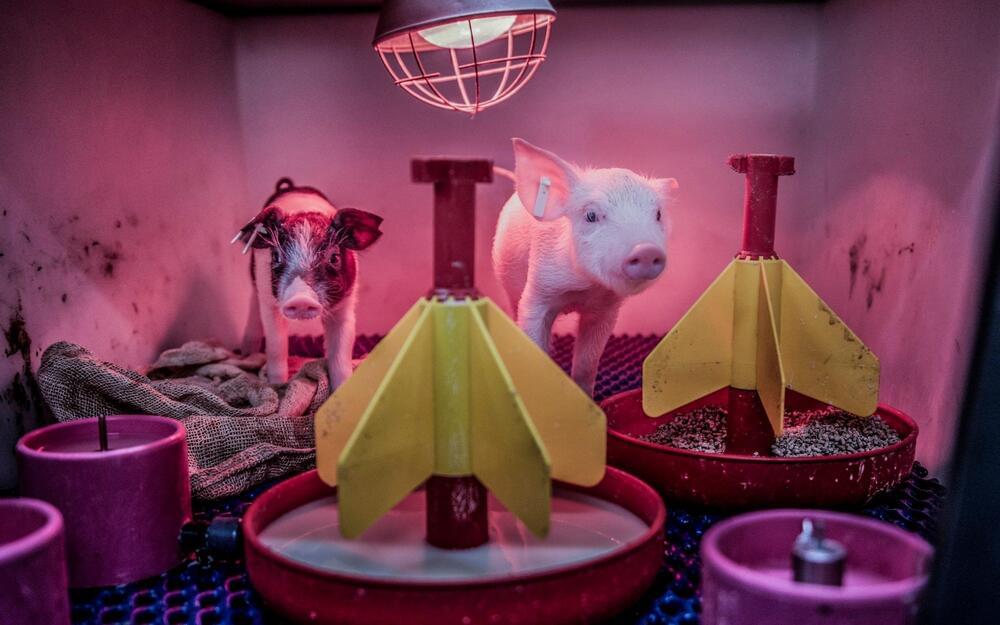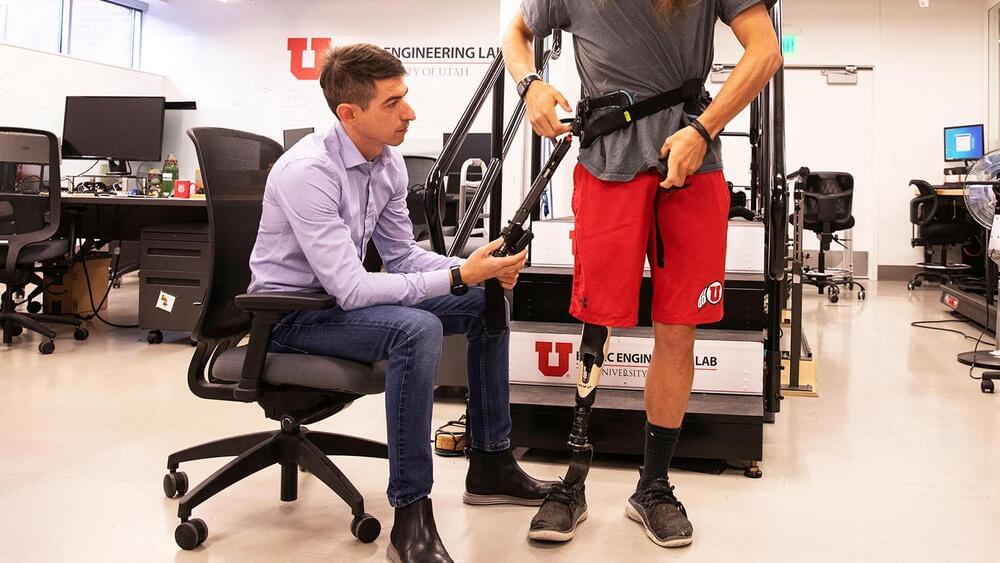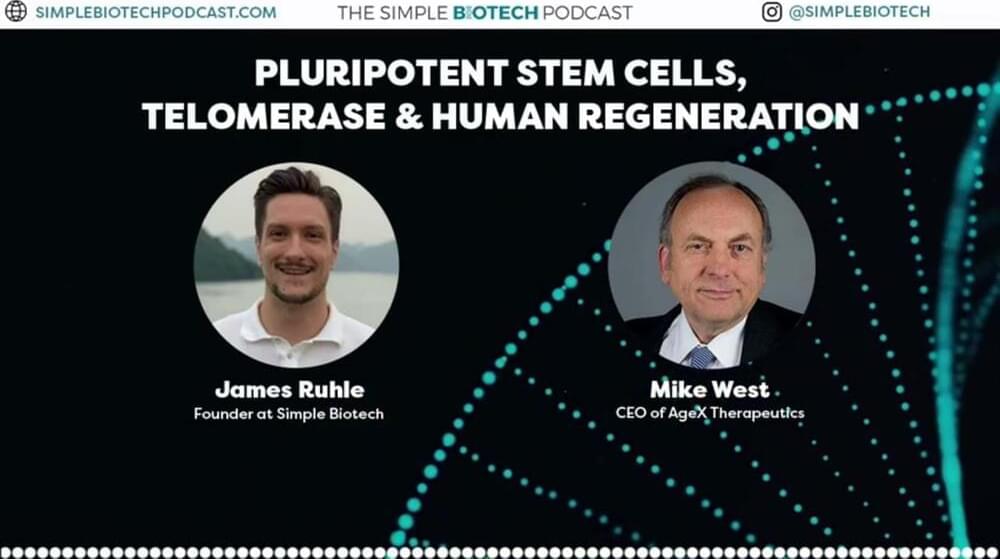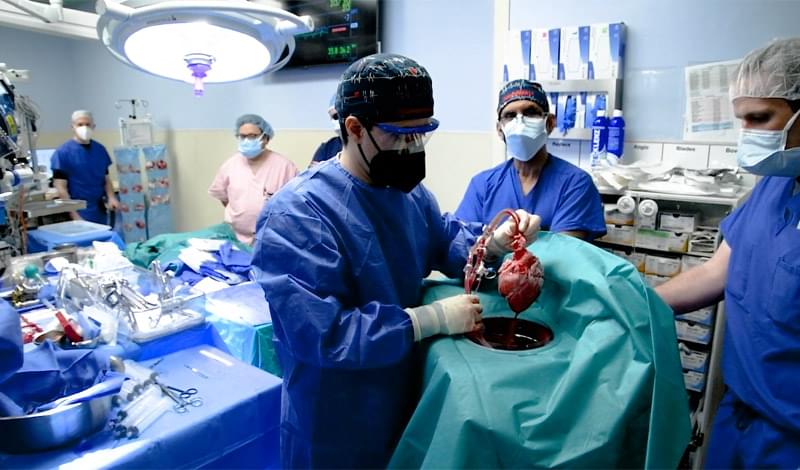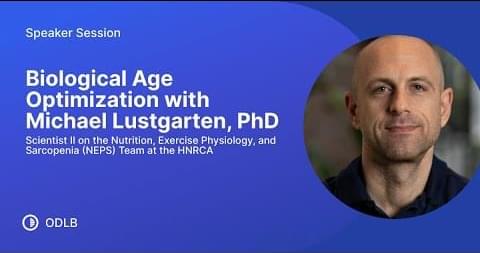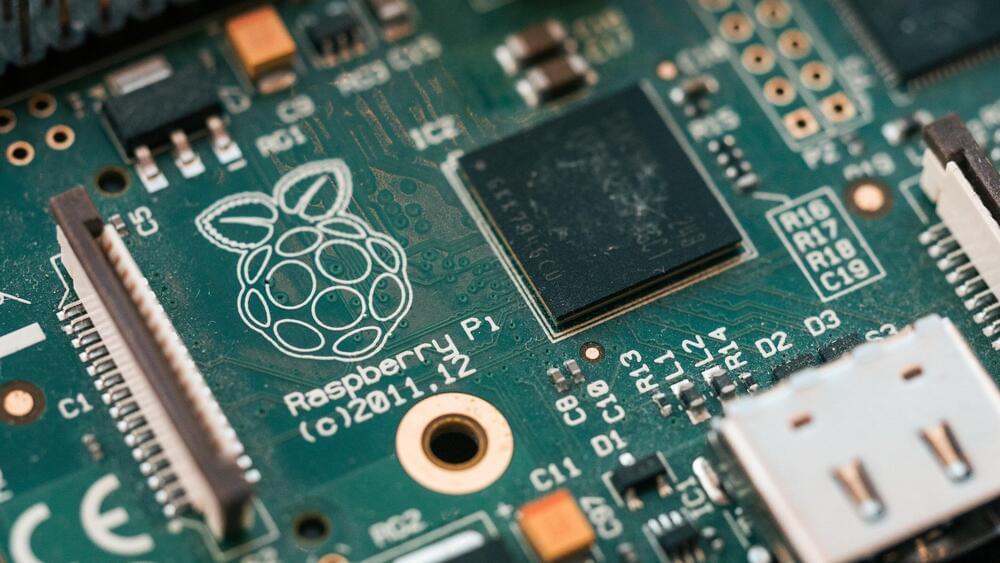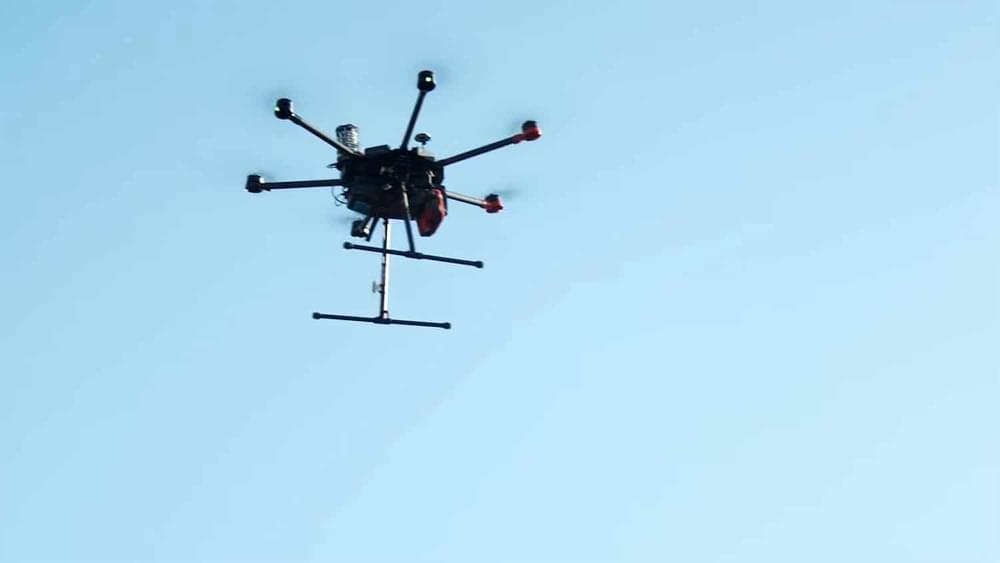Jan 12, 2022
AI-powered transcription platform DeepScribe raises $30M to unburden doctors from tedious data entry
Posted by Quinn Sena in categories: biotech/medical, robotics/AI
DeepScribe, an AI-powered medical transcription platform, has raised $30 million in Series A funding led by Nina Achadjian at Index Ventures, with participation from Scale.ai CEO Alex Wang, Figma CEO Dylan Field and existing investors Bee Partners, Stage 2 Capital and 1984 Ventures. The company’s latest round of funding follows its $5.2 million seed round announced in May 2021. DeepScribe was founded in 2017 by Akilesh Bapu, Matthew Ko and Kairui Zeng with the aim of unburdening doctors from tedious data entry and allowing them to focus on their patients.
In 2019, DeepScribe launched its ambient voice AI technology that summarizes natural patient-physician conversations. The idea for DeepScribe was prompted by Bapu and Ko’s own experiences. Bapu’s father was an oncologist and he saw the toll that documentation had on his father’s work/life balance. On the other hand, Ko saw how the burden of clinical documentation was impacting patients’ perception of care when he was the care coordinator for his mother when she was diagnosed with breast cancer.
After being frustrated with the care his mother was receiving, Ko turned to Bapu and his father for help. The pair then began to understand the importance of clinical documentation and realized that recent breakthroughs in artificial intelligence and natural language processing were not being used to remedy the situation. They then decided to create a platform that would address the problem.
